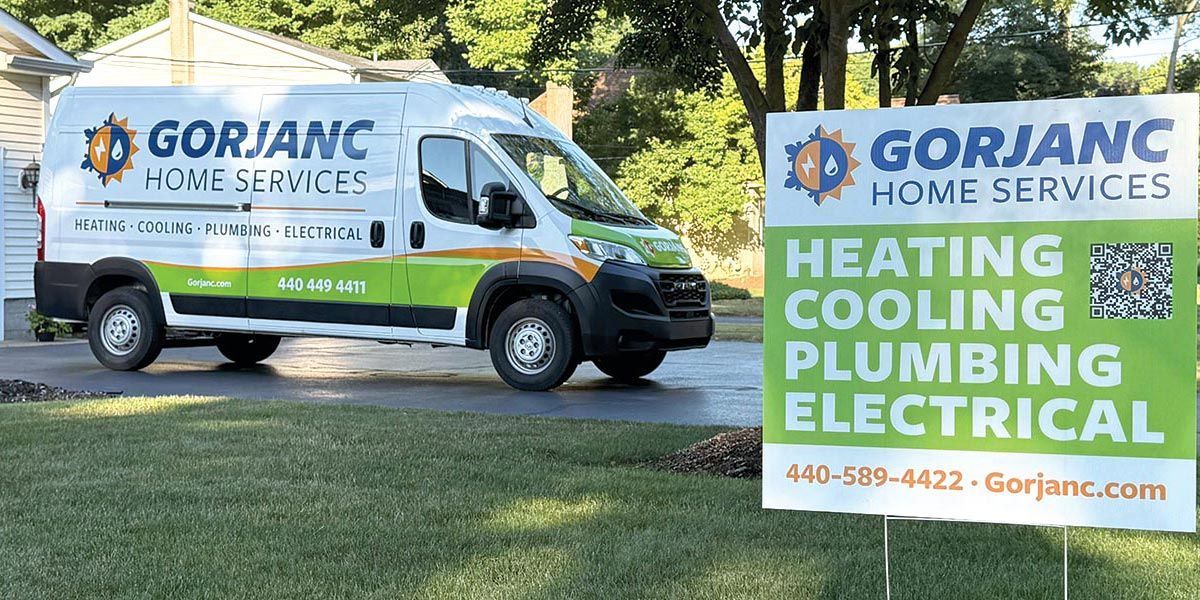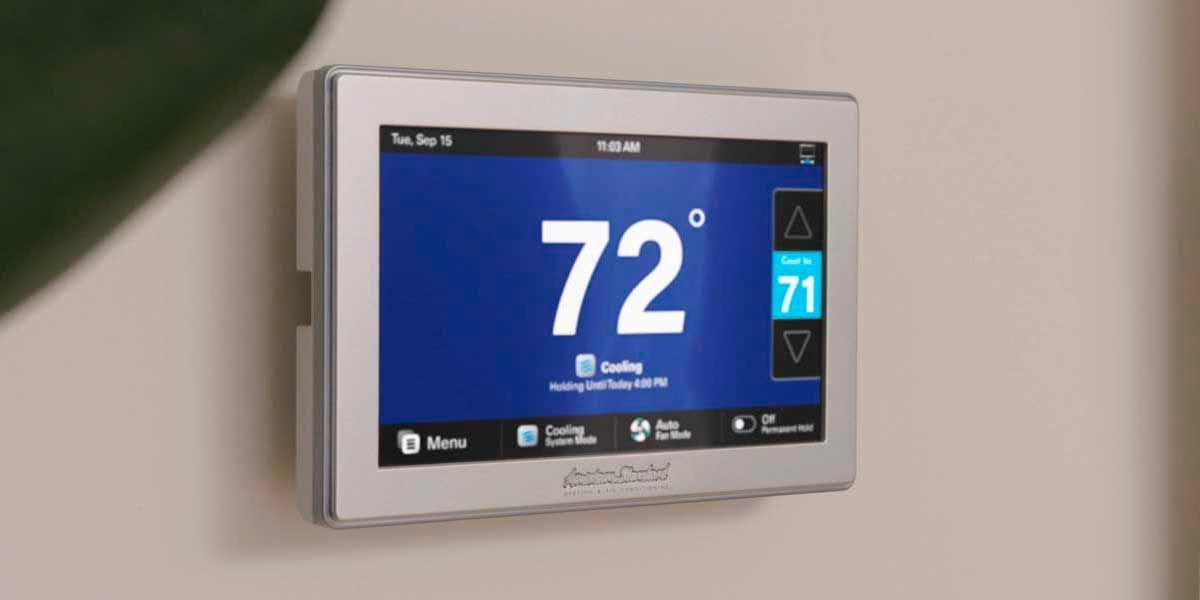Running Out of Hot Water at Home? What Are Your Options?
It’s time to consider the benefits of an upgrade to tankless water heater technology.
Have you wondered what a “tankless” water heater really is? When you initially heard this term, you probably thought, “Well, where is the water stored?”
Or maybe you’re considering a replacement for your tanked water heater, but you’re unsure if it’s the right fit for your needs?
It can be pretty confusing to know which type of water heater is best for your home and what direction to go. Cost aside, there are many considerations when choosing a water heater, especially if you’d like to save on your utility bills (who wouldn’t?).
Let’s break down each type of water heater so you can make an informed decision to make your home as comfortable as possible.
What Are the Major Differences Between Tanked and Tankless Water Heaters?
There are two main types of water heaters: tanked and tankless.
A tanked water heater is just what it sounds like—water is stored and heated in the tank before it reaches the tap. This uses a lot of energy, so you’re adding to your utility bill with each steamy shower.
A tankless model instantly heats water—with either a natural gas burner or an electric element—as soon as it flows into the unit. So, there’s no need to wait for hot water, making tankless water heaters more energy-efficient than tanked models.
Is It Worth Paying Extra for a Tankless Water Heater?
Would you like to save the planet and enjoy lower utility bills over time?
According to the U.S. Department of Energy, tankless water heaters “can be 24%–34% more energy-efficient for homes using 41 gallons of hot water daily.” If you’re using around 86 gallons a day, “they can be 8%–14% more energy efficient.”
The upfront cost of a tankless water heater is higher than a tanked water heater. However, tankless models typically last longer and cost less to operate, which offsets the initial price. Most tankless units have a life expectancy beyond 20 years, which can be extended with easy-to-replace parts. By contrast, tanked water heaters typically last between 10–15 years.
Plus, tankless water heaters are usually quieter than other options because they don’t require a pump to circulate water through the system.

Which Type of Tankless Water Heater Is Best for Your Home?
Electric or Gas?
Here’s another factor—how will your tankless water heater be powered? Some models use electricity, while others burn natural gas. Electric tankless water heaters are typically less expensive upfront. But, you may want the gas option if you’re battling high electricity rates.
Non-Condensing or Condensing?
Most gas-powered tankless water heaters are non-condensing. These units must release extremely hot and acidic exhaust, so you’ll need vents that resist corrosion. FYI: These vents are expensive.
Condensing tankless water heaters capture the heat from the gas fumes and cool it into liquid. This highly efficient system requires an extra heat exchanger, which adds to the price tag. However, condensing tankless water heaters are often less expensive to install and operate than non-condensing units.
Again, it’s all a matter of how much you want to pay upfront vs. how much you’d like to save over time.
Navien residential water heaters are the only non-condensing tankless water heaters equipped with a Navitech™ stainless steel heat exchanger to deliver unmatched durability and performance. They burn gas at higher efficiency than other systems on the market, so if you’re looking for a non-condensing model with extra cost savings, Navien is an excellent choice.
Can You Install Your Own Tankless Water Heater?
While you may enjoy many DIY projects around your home, installing a water heater is not the project to take on by yourself.
Why is hiring a professional so critical? Installation of an electric tankless water heater is one of the easiest ways to start a fire. While an expert knows how to navigate and remove the risks associated with the installation, you may not. The last thing you want to do is cause an electrical fire that could damage your home. Your safety is worth much more than the fee a licensed electrician will charge to install your new water heater!
Going for a gas-powered tankless water heater? Once again, it’s always a good idea to bring in a pro when dealing with natural gas. Depending on the type you choose, you may need corrosion-resistant vents or a way to drain the condensation. Plus, the plumbing experts at Gorjanc can advise what size unit you need.
Do You Need a New Water Heater?
Is your tanked water heater nearing the end of its life expectancy? Are you experiencing leaking, worrying noises, rusty water, or a lack of hot water? Have your utility bills increased by leaps and bounds? If so, it’s time to make the smart choice about your next water heating solution.
Whether you have access to gas or electric—or both—tankless water heaters are an excellent upgrade for homeowners who want to save on energy costs. Not only that, but these units are ideal for homes with limited space; they can be tucked into a literal closet.
Weigh the pros and cons of each type, but remember that non-condensing, gas-powered tankless water heaters rival electric units in terms of efficiency.








